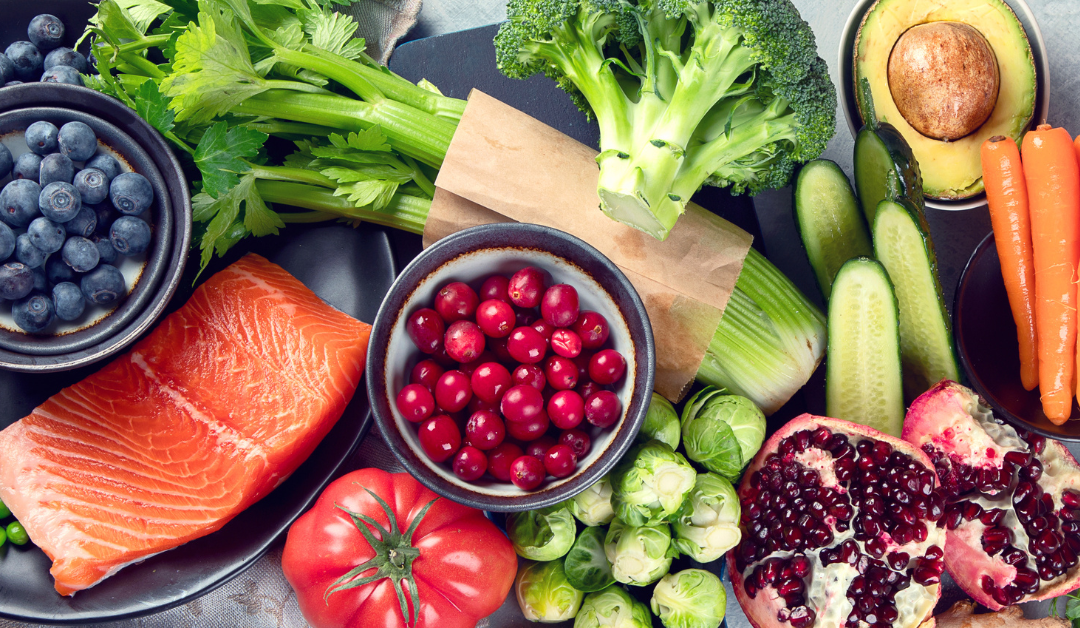As we age, it becomes increasingly important to pay attention to our nutritional needs to stay healthy and maintain our quality of life. A healthy diet can have numerous benefits for retirees, from maintaining physical health to improving cognitive function and overall well-being. Here are some of the key reasons why a healthy diet is so important for retirees:
1. Maintaining physical health
A healthy diet is essential for maintaining good physical health in retirement. It can help reduce the risk of chronic diseases such as heart disease, diabetes, and certain types of cancer. A healthy diet can also help maintain a healthy weight, reduce inflammation, and improve overall immune function.
2. Improving cognitive function
As we age, our cognitive abilities can decline, but a healthy diet can help improve memory, attention, and cognitive flexibility. Eating a diet rich in fruits, vegetables, whole grains, and healthy fats can provide the nutrients our brains need to function properly.
3. Promoting emotional well-being
A healthy diet can also have positive effects on emotional well-being, reducing symptoms of depression and anxiety and promoting overall feelings of happiness and contentment.
4. Supporting independence
A healthy diet can also support independence in retirement by helping retirees maintain good physical health and avoid dependence on others for care.
So, what does a healthy diet look like for retirees? Here are some key elements:
• Fruits and vegetables
Aim for at least 5 servings of fruits and vegetables per day, choosing a variety of colors for maximum nutrient intake.
• Whole grains
Choose whole grain breads, pasta, and cereals instead of refined grains.
• Lean protein
Choose lean proteins such as chicken, fish, beans, and tofu instead of red meat.
• Healthy fats
Include sources of healthy fats such as nuts, seeds, avocado, and olive oil in your diet.
• Hydration
Drink plenty of water and other hydrating fluids such as herbal tea or low-sugar fruit juice.
In addition to these elements, it’s important to pay attention to portion control and the quality of the foods we eat. This means avoiding processed foods, sugary drinks, and foods that are high in saturated fats and sodium.
In conclusion, a healthy diet is essential for maintaining good physical and mental health in retirement. By focusing on fruits and vegetables, whole grains, lean proteins, healthy fats, and hydration, retirees can support their physical and cognitive health, promote emotional well-being, and maintain their independence. Thank you for reading and remember to prioritize your nutritional needs as part of your self-care plan.
Want some support? Check out my programs.

